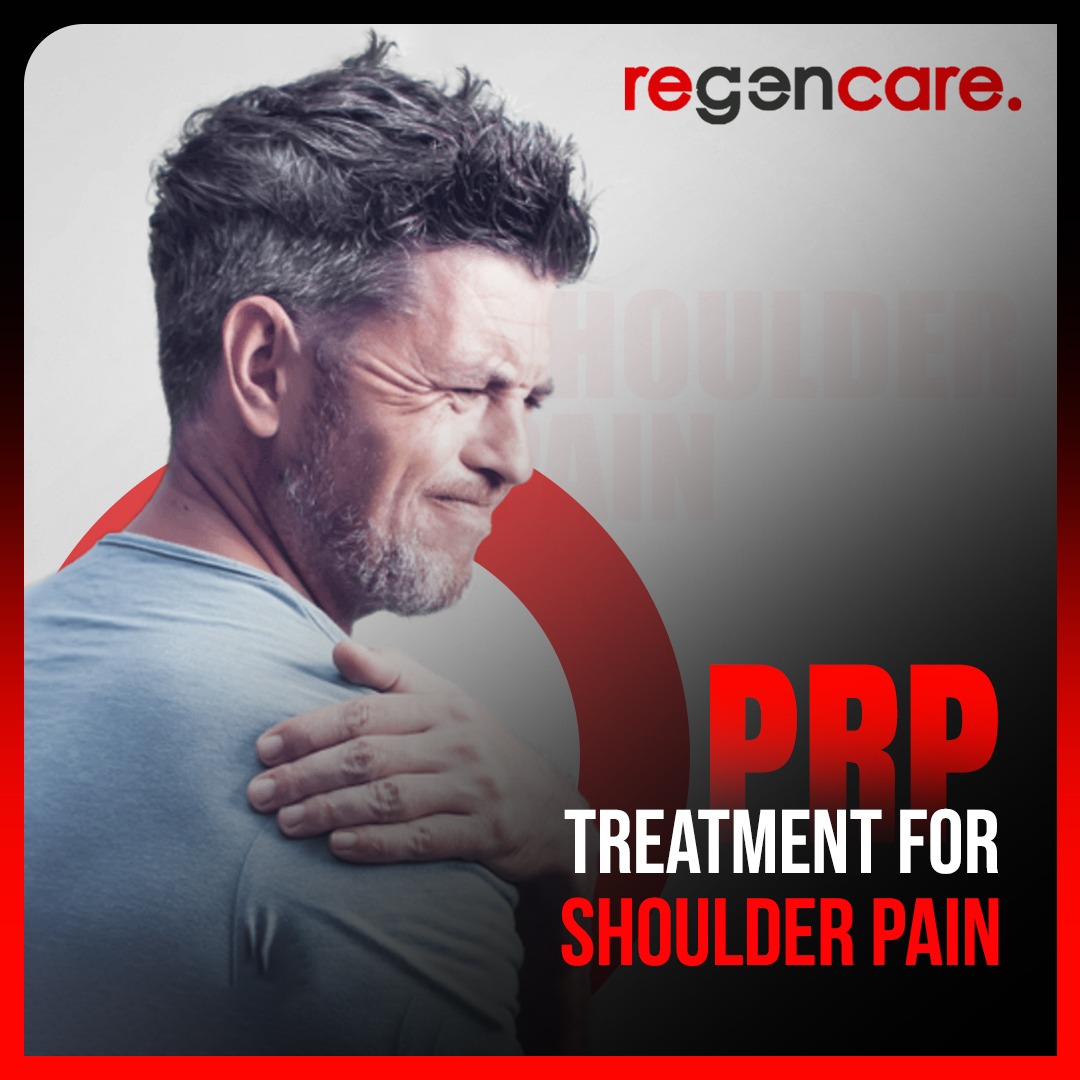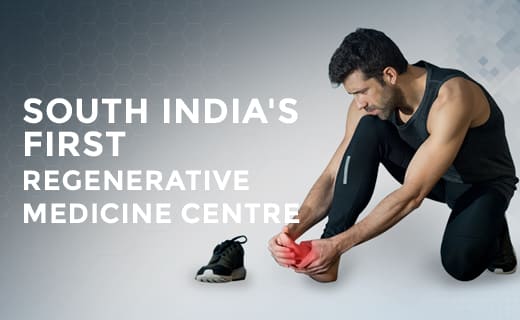
Platelets, a type of blood cell essential to general bodily healing, and plasma, the liquid portion of blood, make up the platelet-rich plasma. Growth factors are present in platelets in addition to their well-known clotting properties. These growth factors can hasten healing in the treated area by promoting cell proliferation, enhancing tissue regeneration, or both. Simply described, platelet-rich plasma is the blood that contains more platelets than usual. The centrifuge quickly spins the sample, separating the platelets from the other blood components and concentrating them inside the plasma. Clinicians take a blood sample from the patient and place it in the centrifuge. This process produces platelet-rich plasma.
How does PRP Treatment Help Shoulder Pain?
Along with minute pieces of red, white, and platelet cells, our blood also contains a liquid called plasma. Growth factors, which are proteins found in platelets, are crucial to the healing process after an injury. Our body may start to lose some of these potent platelets over time, which would make mending more challenging. PRP treatment involves injecting a concentrated source of the patient's own platelets and growth factors directly into the painful area to encourage the body to regenerate.
The PRP process
A small sample of your blood is first drawn in the course of treatment. The blood is then put into a centrifuge that spins quickly. A rich, concentrated source of platelets is obtained by centrifuging the blood's constituent parts. The body part in need of regeneration is then injected with platelet-rich plasma. The majority of patients report no pain at all during the operation. The complete procedure lasts between 45 and 60 minutes.
Before considering PRP treatment, you must first schedule a consultation with our centre to make sure you are a good candidate. Since PRP treatment is not appropriate for everyone, our highly qualified medical staff will only provide you the most suitable treatments for your specific condition. Your positive outcome is our top concern.
You can work with our office to discuss any medications and/or supplements you are already taking if our medical team determines that treatment will be a viable treatment choice for your particular injury or condition. We advise that you abstain from all anti-inflammatory medications for 3 weeks prior to and 3 weeks following the treatment in order to achieve long-lasting results. Before the surgery, you won't need to go without meals or liquids.
To know more about PRP treatment, visit us at https://www.regencare.in










